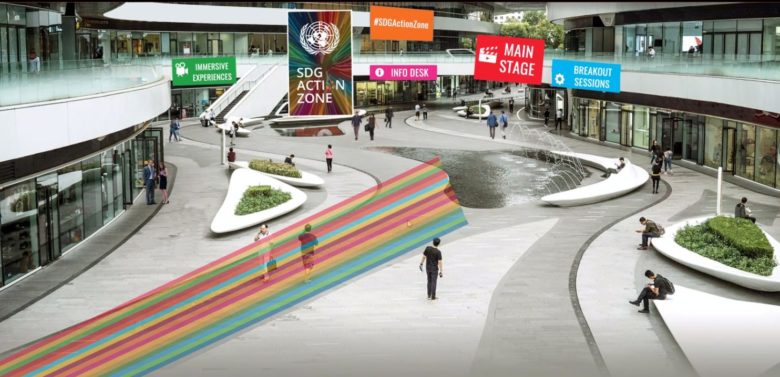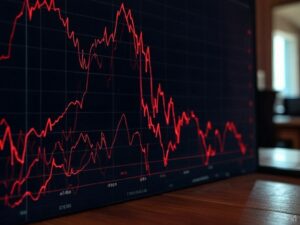Bulgarian Startup TheVirtual.Show Virtualizes the 75th UN General Assembly

Crushed corridors, large crowds, government officials accompanied by convoys, journalists – all these were normal at UN Headquarters in New York during the General Assemblies of the UN, until now. As the COVID-19 crisis has forced authorities to cancel the majority of events taking place all around the world, new ways to support important meetings such as the General Assembly had to be introduced to the public. This demand is yet to be answered by the tech industry. Yet, there are players who have already created a solution that might as well lead to a permanent change in how events take place.
The Bulgarian event virtualization platform TheVirtual.Show will be supporting the 75th UN General Assembly that is taking place between September 15th and September 30th. As the access to the UN Headquarters is restricted for spectators, the platform will provide anyone who would like to hear presidents and heads of states address global issues during the various panels of the Assembly. TheVirtual.Show is a fast-developing startup officially registered in Varna. “Instead of setting up meetings in already existing platforms, we came up with something entirely new and that is what attracted customers,” comments Plamen Rusev, the CEO of the company, who is also the organizer of the digital business conference Webit.
The platform
TheVirtual.Show’s main goal is to change the event industry. “After the pandemic, the demand for our service became even bigger as event organizers were among the most affected from the whole situation,” adds Plamen Rusev. The platform is adaptive to different types of events – conferences, job fairs, markets. The graphics enable visitors to enter conferences and exhibition halls for the different panels of a particular event. When it comes to discussions, there are special networking lounges that give people the chance to communicate with other spectators. The platform provides guests with several services that are not possible at a live event – such as a record, featuring the list of people a person has talked to during the event and information for further contact.
The organizers of an event have access to the traffic information at a given event. In the case of markets, companies that distribute their products are able to track the customers’ interest in their product. “Up to now, the platform has been able to bring together 10-12 thousand visitors at the same time,” claims Rusev. For now, TheVirtual.Show’s portfolio features two projects: the Webit tech and innovation festival as well as an on-demand video conferences for the Bulgarian Heart Failure Association.
The global virtual events market size was valued at EUR 65.57 billion in 2019. According to the report released by Grand View Research, for Europe, the further development of the sector will be slower due to the economic shifts caused by the pandemic. The global market has a lot of big players who can be a source of insightful development strategies. For example, Hopin, that closed a $40m (€35.6m) Series A round in June constantly optimizes its virtual platform so that it can be used by new types of institutions for their online event. Their virtual platform has most recently already improved to be used by higher education institutes such as Berkeley Haas and the University of St. Andrews for student orientation activities, convocations, and even sporting events.
Online conferences in the light of sustainability
Apart from their mission to change the way events are done, the creators of TheVirtual.Show are also motivated to develop the platform in an effort to minimize the carbon footprint of business people who travel a lot every year particularly to attend various conferences and other work-related events. “This way of holding an event saves a huge amount of resources, something which will help the environment. It is for this reason that, as time passes, using virtual platforms will become more of a practice than an exception,” says Rusev. Interestingly, among the main topics to be discussed at the UN General Assembly are global pollution and sustainable development goals. It remains unclear whether the close relationship between digitalization and sustainable life will be considered but a possible date for such a discussion is September 22nd, the first day of the high-level General Debate and one of the milestones of the event.




























